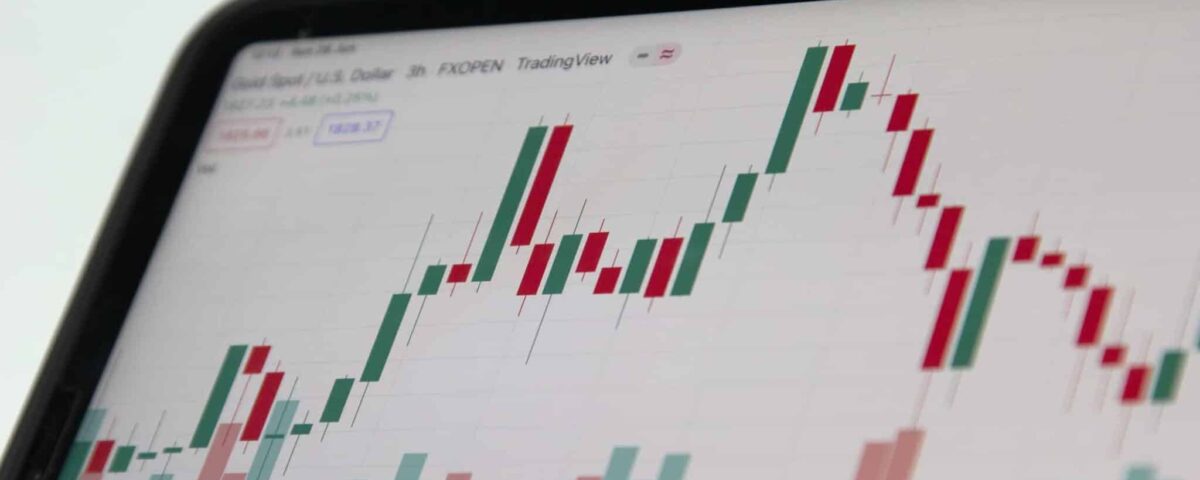4x trading

Accurate buy sell signal indicator mt4 | ecb international
June 24, 2023
Advanced Trader |Adult metaverse
June 24, 2023Forex trading, also known as foreign exchange trading or simply forex, refers to the act of buying and selling currencies with the aim of making a profit from the fluctuations in their exchange rates. Here's an overview of 4X trading:
- What is Forex Trading? Forex trading involves the simultaneous buying of one currency and selling of another currency. Currencies are traded in pairs, such as EUR/USD (Euro/US Dollar) or GBP/JPY (British Pound/Japanese Yen). The forex market is the largest and most liquid financial market globally, with participants including banks, financial institutions, corporations, governments, and individual traders.
- How Does Forex Trading Work? Forex trading takes place over-the-counter (OTC), which means there is no centralized exchange. Instead, trading is conducted electronically via computer networks between participants around the world. Forex traders speculate on the price movements of currency pairs, aiming to profit from the differences in exchange rates.
- Market Participants: a. Retail Traders: Individual traders participate in the forex market through online brokers, accessing trading platforms that provide real-time price quotes and tools for analysis. b. Banks and Financial Institutions: Large banks and financial institutions engage in forex trading to facilitate international business transactions and manage currency exposure. c. Central Banks: Central banks intervene in the forex market to stabilize their domestic currency or implement monetary policies. d. Corporations: Multinational corporations engage in forex trading to hedge against currency risks related to their international operations. e. Hedge Funds and Speculators: Professional traders and speculators trade forex to generate profits from short-term price movements.
- Trading Strategies: Forex traders employ various strategies to make trading decisions, including technical analysis, fundamental analysis, and sentiment analysis. Technical analysis involves analyzing price charts, patterns, and indicators to identify potential entry and exit points. Fundamental analysis considers economic data, geopolitical events, and central bank policies to predict currency movements. Sentiment analysis assesses market sentiment and positioning to gauge potential market direction.
- Risks and Considerations: Forex trading carries inherent risks, and it's essential to understand them before getting involved. These risks include volatility, leverage, liquidity risk, geopolitical events, and economic factors that can impact currency prices. It's important to develop a trading plan, manage risk through appropriate position sizing and stop-loss orders, and stay updated on market news and events.
- Trading Tools: Forex traders use various tools and resources to enhance their trading experience. These include trading platforms, charts, technical indicators, economic calendars, news feeds, and educational resources provided by brokers.
- Regulation and Legal Considerations: Forex trading is subject to regulations in different countries. It's important to choose a reputable and regulated broker to ensure the safety of your funds and adherence to legal requirements.
Before engaging in forex trading, it's advisable to educate yourself, practice with demo accounts, and consider seeking advice from financial professionals. Developing a solid understanding of the forex market and employing risk management techniques can increase your chances of success.
For More Example: https://www.ecbinternational.com


